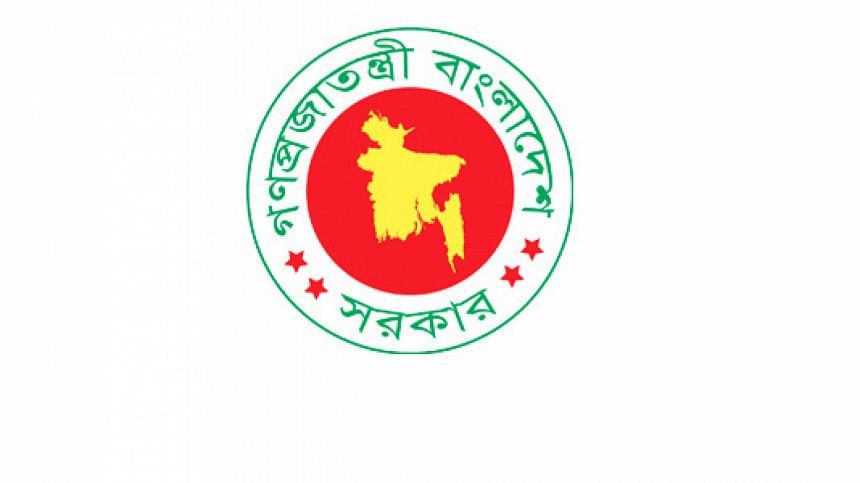Public officials blatantly breaking the rules of service

In a gross violation of service rules, a huge number of civil servants are owning and running businesses on the side, according to a letter by the Anti-Corruption Commission. This is a most unethical thing to do, as it gives rise to clear conflicts of interest. Public servants are getting paid through taxpayer's money and enjoy substantial benefits due to their positions—the fact that they are still breaking the rules of their service in this most egregious manner is unacceptable and unpardonable.
According to the Government Servants (Conduct) Rules, 1979, "no government servant shall, except with the previous sanction of government, engage in any trade or undertake any employment or work, other than his official duties." The reason for this is simple: if public officials, who in many ways get to define the rules of business, or at least have substantial influence over them, get involved in business themselves, then they may easily distort the market in their own favour. When public officials are so blatantly violating the rules of their service, are we to expect that they will not break the rules when it comes to business or distort the market?
Despite discovering that a huge number of government employees are involved in business while enquiring into allegations of people accumulating wealth beyond their known sources of incomes, the ACC only asked the cabinet secretary to make all public servants aware of the rules, but did not ask him for further probes or to take punitive actions against the rule violators. The Cabinet Division, in response, only asked secretaries to make sure that the public servants were aware of the rules. We find both of their actions to be inadequate and objectionable.
Why do we have rules for public servants if they are not to be followed? And why should public servants get a pass when they violate rules, when everyone else don't? Just making public servants "aware" of the rules is not enough—being aware of the rules of their service should be a prerequisite as it is. Action must be taken against the law-breakers to ensure accountability. In regards to that, the ACC should make public which officials are involved in owning or running businesses and how much money they are making in the process, to inform the public what those who are meant to serve them are really up to.

 For all latest news, follow The Daily Star's Google News channel.
For all latest news, follow The Daily Star's Google News channel. 



Comments